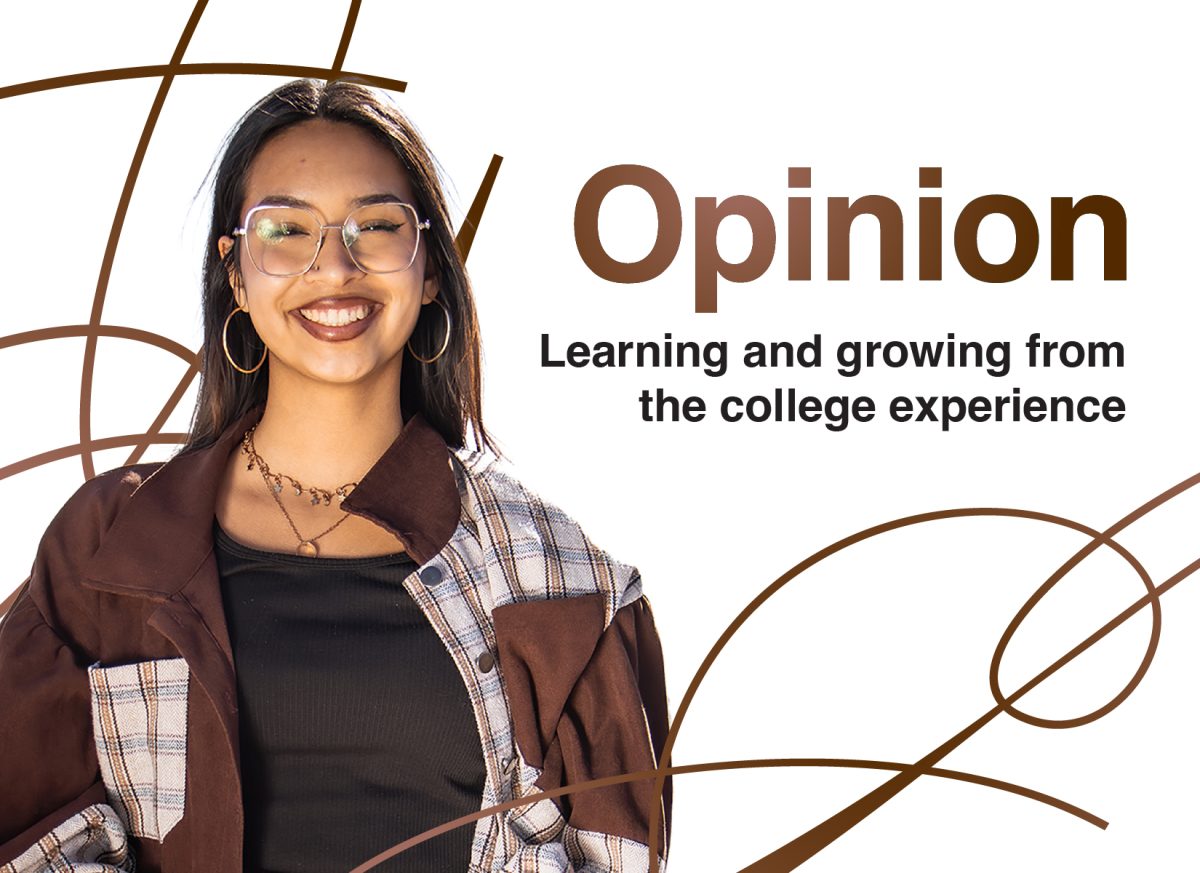We all are aware of climate change and its consequences around the globe. Recently, I had the opportunity to watch “Our Planet,” Netflix’s most recent documentary on how we are destroying natural habitats and the consequences of our actions.
The documentary is divided into eight episodes that explore the wonders of our world, from the ocean to rivers and the jungle. The series gives us insight into what the problem is and how we can try to solve it.
All over social media, we have seen photos of our oceans infested with plastic. We are the cause of most species going extinct and we still seem to have no consciousness.
The documentary shows heartbreaking images of animals trying to adapt and survive in the era of climate change. From polar bears swimming in the Arctic sea with no ice to rest on, to walruses jumping off cliffs to reach the sea, the series shows the impact we are creating in the wildlife. And if you haven’t seen it, I encourage you to watch it.
According to an article by the Washington Post, the ice volume in the Arctic in the last three decades has decreased 95 percent due to climate change.
This not only affects the species who live in the areas of the Arctic but causes the ocean’s water levels to rise as well.
This will cause coastal cities, ports and wetlands to be threatened with more frequent floodings, increased beach erosion and saltwater encroachment into coastal streams and aquifers, according to an article by NASA.
Even when it seems impossible, we can help to delay the effects of this problem.
Avoiding the use of plastic is one of them. These days, companies are coming out with plastic alternatives—stainless steel and glass straws are an example of it—and you can also find them in local stores. Even here in El Paso, I’ve seen businesses have decided to remove plastic lids and straws from their counters and only give them to those who ask.
I see people with their own paper bags or nets at the market, avoiding the use of plastic bags when shopping.
Even some states in the U.S. have banned the use of plastic or charge you extra for plastic bags.
We need to create awareness that this problem is real. It’s affecting our environment and the creatures that live in it, including ourselves.
Pick up the trash you see on the street. Stop littering. Carpool if you can. Instead of plastic, try an alternative that’s biodegradable or that won’t end up in the sea.
Simple changes can help a lot and if you can plant a tree outside your house, you can start small and see the great change you’re contributing to in a couple of years.










